How exposure to abusive relationships impacts children’s present & future wellbeing
It can unfortunately sometimes be easier to think that if something didn't happen, or isn't happening to my kids directly, they won't be that affected! Witnessing toxic, abusive exchanges between one's parents on a consistent basis can impact children not just at the felt level, but can influence attitudes and beliefs about what an intimate relationship consists of. I may come away thinking that because people love me they get to hurt me!
When we see a romantic relationship that is heavily tipped in the favour of one person then it can be very confusing. Especially when this obvious one-sided dynamic is consistently denied!
When supporting children to grow into adults that are capable of having happy, healthy, mutually respectful and genuinely loving relationships, what can we do to help?
Staying open to conversation with our children and noticing what beliefs are held, supportive or otherwise is vital!






